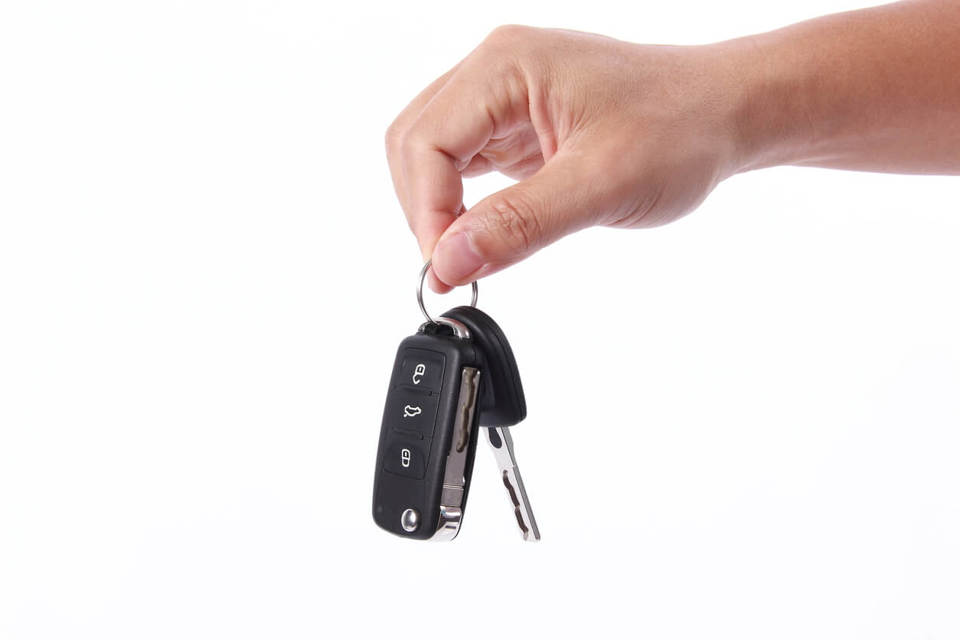Employees offered a company car or a cash alternative should focus on the ‘true value’ of a company car, according to a tax expert.
The advice comes in the wake of a survey of more than 2,000 companies by Towers Watson, a global professional services company, which reveals that cash alternatives are outstripping company cars as the most popular benefit.
Almost 80% of managerial level employees are eligible for car benefits with most offered the choice of a car or a cash alternative. Just 12% are offered only the car option.
The survey shows that 57% of employees entitled to a company car have opted to take the cash.
Darryl Davis, senior consultant in Towers Watson’s Data Service division, said: “We have seen a steady increase in the value of car schemes per employee, but the trend has been for more schemes to move from company cars to cash-based allowances, or to offer employees a choice.”
HM Revenue & Customs estimates that there were 950,000 taxable company cars in 2010/11, down from 970,000 in 2009/10. This is a fall of more than 20% over the past eight years, from 1.2 million company cars in 2004/05.
Jeff Whitcombe, director at BCF Wessex, said: “I have been surprised by some of the reasons suggested for the fall and I think the reduction is too easily attributed to increasing taxation.
“Since 2002, when the minimum was 15% of a car’s list price, the minimum appropriate percen-tage has fallen to as little as 5%, excluding EVs, and it won’t reach 15% again until 2016.
“Over this same period, the adoption of low- emission cars has been supported by the availability of first-year allowances, which significantly reduce the wholelife cost of qualifying cars.”
Whitcombe believes the double-dip recession has been the single-most influential factor.
“With company car tax rates set for the next five years, as the economy improves I would encourage drivers and employers to use this to their advantage by planning ahead, and focusing on the true value of the company car,” he explained.
“For example, take a higher-rate employee who is considering whether to take a Toyota Prius T3 as his new company car or to take a £7,000 gross cash alternative and make his own arrangements.
“With a list price of £23,950 and CO2 emissions of just 89g/km the income tax due this year would be £958, or just 4% of the car’s list price.
“If the employee took the cash alternative, he would pay tax and NIC of £2,940 and would then have to acquire, maintain and insure his own car.”
More follows on page two...






















Robert - 03/10/2012 09:56
There is little doubt that a company car remains one of the most tax efficeient benefits. Looking at the HMRC figures in more detail (average taxable value) it can be seen that the cost of a company car to an employee has fallen in real terms over the past seven years. This, coupled with stable - or even falling lease costs - means that the company car should remain as a key element of reward and benefit strategies.